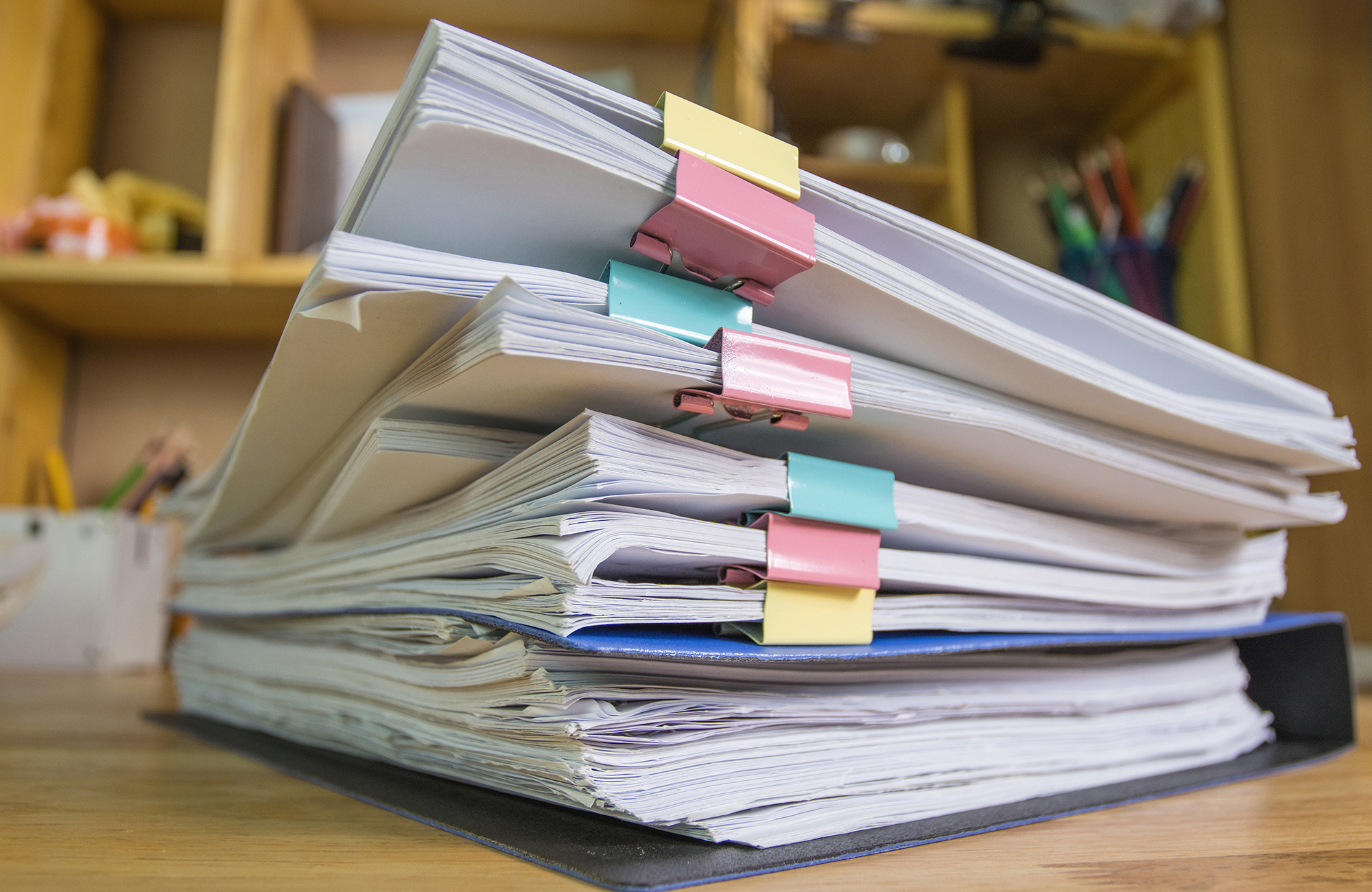Client File Retention

Whether you are storing your clients’ files in digital format or paper, you have a duty to safeguard the file contents. This means storing the files in a safe location where they will not be damaged or destroyed and where confidentiality will be protected. Most law firms have moved to a paperless file management system where file storage does not present the same problems as physical storage. In either case, lawyers must be aware of the ethics rules regarding the destruction of those client files.
In RPC 209, the North Carolina State Bar set forth some brightline rules regarding destruction. First, the opinion ruled that a lawyer must keep a file in a “secure location where client confidentiality can be maintained.” Presumably, this means that files must be in a place where there is not an unreasonable risk of destruction by fire or water. And the files must be somewhere that is reasonably protected from theft or disclosure to others.
How long must a lawyer safeguard a client’s file? RPC 209 requires a lawyer to keep the file for a minimum of six years. If the client consents to a shorter period, the lawyer may destroy the file pursuant to the client’s consent. Without the client’s consent the minimum is six years. That period could be longer, depending on the circumstances of the client matter. For example, if the client hired the lawyer to protect the client’s interests in a litigation matter where the statute of limitations was longer than six years, the retention period may be longer.
While the general rule for retention of documents is six years, this does not apply to original documents that the client will need to protect his or her interests. For example, a lawyer should not destroy original powers of attorney, wills, contracts, trusts, deeds, and any other document where the original has legal significance. Note that this issue can be avoided by simply giving the client the original document. When originals are given to the client, the lawyer should have the client sign something confirming that the client has received the original.
When the retention period has expired, the lawyer is not required to notify the client/former client before destroying the file. However, the lawyer must still protect confidentiality when destroying the file. The lawyer must use a method of destruction that effectively minimizes the risk that confidential information might be disclosed. This would not include throwing the files in the dumpster outside the law firm’s office building. The lawyer may shred the documents himself or hire a reliable service to shred or otherwise destroy the documents. The lawyer should verify with the service that they will protect the confidentiality of the documents.
By following these simple rules, lawyers will protect their client’s confidentiality and avoid the risk of an ethics violation.




